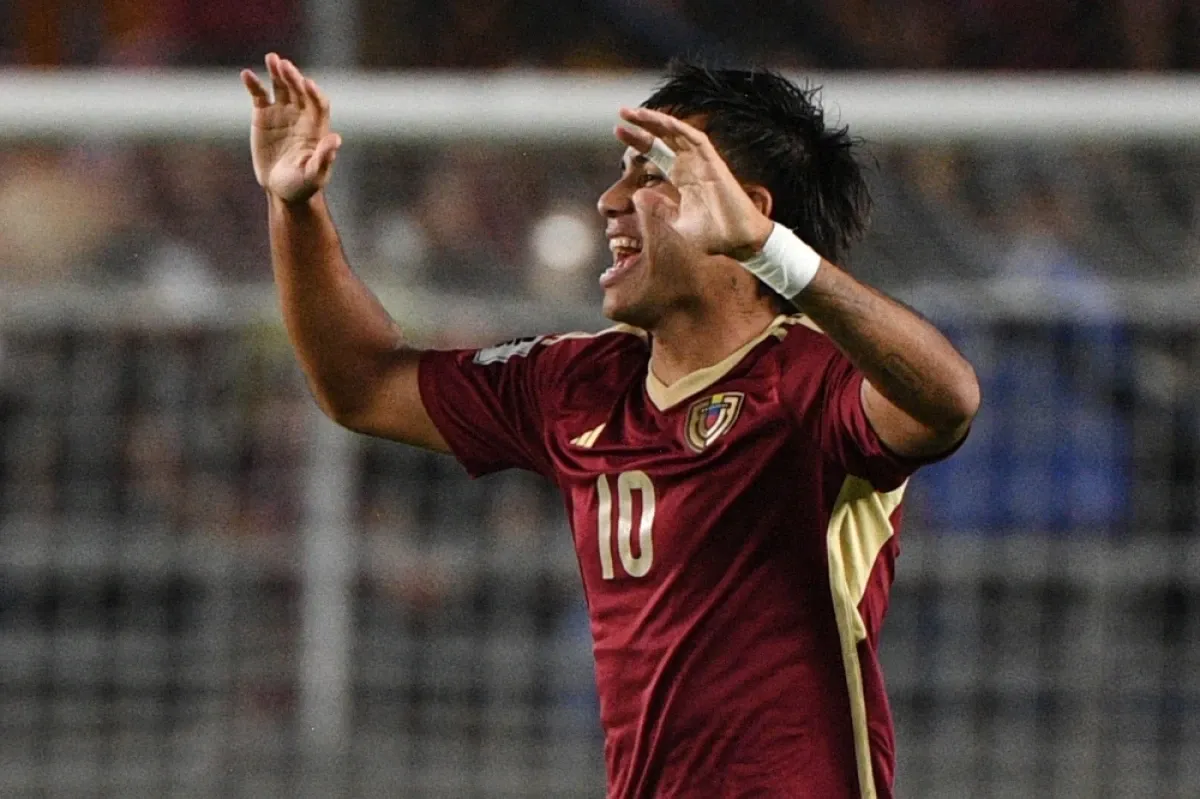Venezuela’s Fury: Brazil Blocks Brics Entry Amid Rising Tensions
In a significant escalation of diplomatic tensions, Brazil has recently blocked Venezuela’s entry into the BRICS bloc, a decision that has sparked outrage in Caracas. The Brazilian government expressed surprise at the “offensive tone” adopted by Venezuelan officials in their criticisms of President Luiz Inácio Lula da Silva. This incident marks a notable shift in the already strained relations between the two South American nations.
Background of the Tensions
Historically, relations between Brazil and Venezuela have been tumultuous, particularly during the presidency of Jair Bolsonaro. Bolsonaro’s administration took a hardline stance against Nicolás Maduro’s government, downgrading diplomatic ties and aligning more closely with the United States. However, Lula’s return to power was seen as an opportunity to mend these frayed relations. Yet, the recent developments suggest that the path to reconciliation is fraught with challenges.
The BRICS Entry Veto
At the recent BRICS summit held in Russia, Brazil’s refusal to support Venezuela’s bid for membership became a focal point of contention. Brazilian officials cited Venezuela’s ongoing political instability and failure to meet the criteria for membership as the primary reasons for their decision. This veto has been perceived by Venezuelan authorities as a direct affront to their sovereignty and an unwarranted interference in their internal affairs.
“Venezuela’s exclusion from BRICS is not just a political decision; it reflects a broader disregard for our nation’s right to self-determination,” stated a Venezuelan government spokesperson.
Venezuelan Response
In retaliation, the Venezuelan government characterized Brazil’s decision as “irrational behavior.” They accused Brazil of meddling in their domestic matters, drawing parallels to the economic sanctions imposed by the United States. This rhetoric has only intensified the already fraught diplomatic atmosphere, with both nations exchanging sharp words.
Diplomatic Summons
In a further escalation, Venezuela summoned Brazil’s chargé d’affaires to express its strong disapproval of what it termed “interventionist and rude statements” from Brazilian officials. This diplomatic move underscores the seriousness with which Venezuela views Brazil’s actions and highlights the potential for further deterioration in relations.
Election Controversy
Compounding the tensions are disputes surrounding the results of Venezuela’s July presidential election. Brazilian officials have called for greater transparency regarding the election, which has been marred by allegations of fraud and irregularities. Maduro’s administration has been criticized for failing to release comprehensive election results, leading to increased scrutiny from neighboring countries.
“We need to ensure that the democratic process in Venezuela is respected and transparent,” said Brazil’s Foreign Minister Mauro Vieira.
Brazil’s Foreign Policy Stance
Despite the rising tensions, Brazil’s Foreign Minister has emphasized that the country will not sever ties with Venezuela. Vieira reiterated Brazil’s commitment to dialogue and respect for Venezuelan sovereignty, indicating a willingness to engage with Caracas if conditions improve. This stance reflects Brazil’s broader foreign policy approach, which seeks to balance regional cooperation with the need for accountability.
Social Media Provocations
Adding fuel to the fire, Venezuelan authorities have utilized social media to convey provocative messages against Brazil. A controversial post depicted Lula’s silhouette over the Brazilian flag, accompanied by threatening text aimed at perceived aggression towards Venezuela. Such actions have raised concerns about the potential for further escalation in hostilities between the two nations.
Calls for Dialogue
Despite the current climate of tension, Brazilian officials maintain that partnerships should be based on open dialogue and mutual respect. They have expressed a willingness to engage with Venezuela, provided that the latter demonstrates a commitment to addressing the underlying issues that have strained relations. This approach reflects Brazil’s desire to foster regional stability and cooperation.
Future Prospects
As both countries navigate this complex diplomatic landscape, they appear to be in a waiting phase regarding their relationship. Brazil hopes for a resolution to the tensions, but acknowledges that trust has been compromised following recent events. The future of Brazil-Venezuela relations remains uncertain, with both nations needing to find common ground to move forward.
In conclusion, the recent developments surrounding Venezuela’s bid for BRICS membership and the subsequent diplomatic fallout with Brazil highlight the fragility of regional relations in South America. As both nations grapple with their historical grievances and current political realities, the path to reconciliation will require careful navigation and a commitment to dialogue. The world watches closely as these two nations confront their differences, hoping for a resolution that fosters stability and cooperation in the region.






Leave a Comment